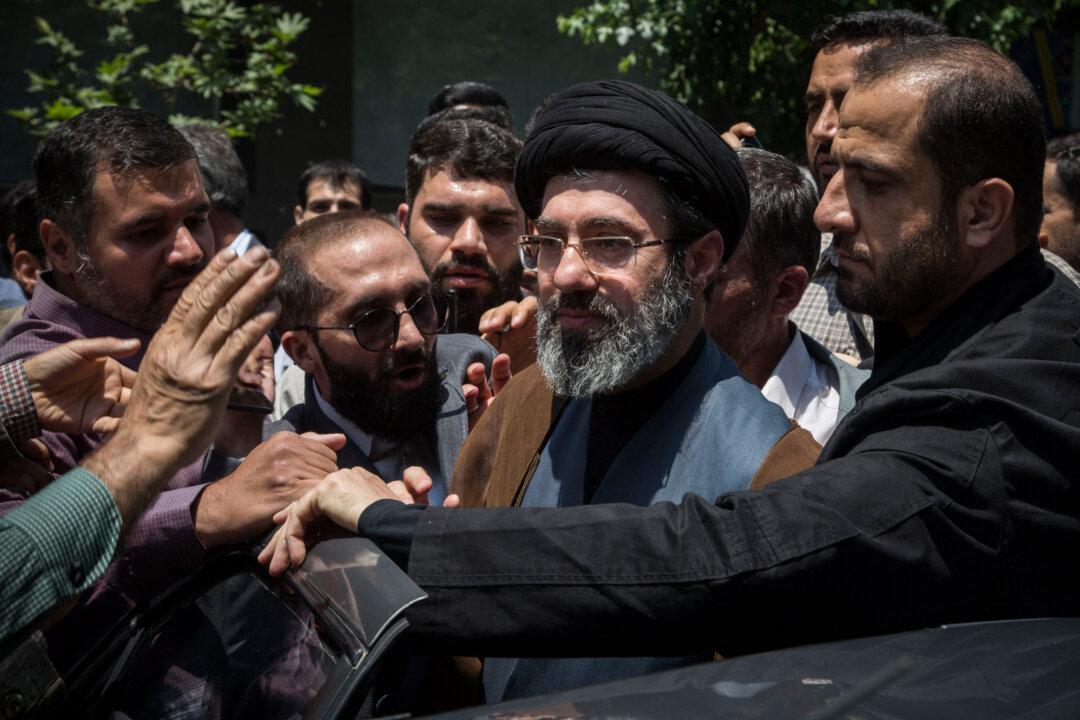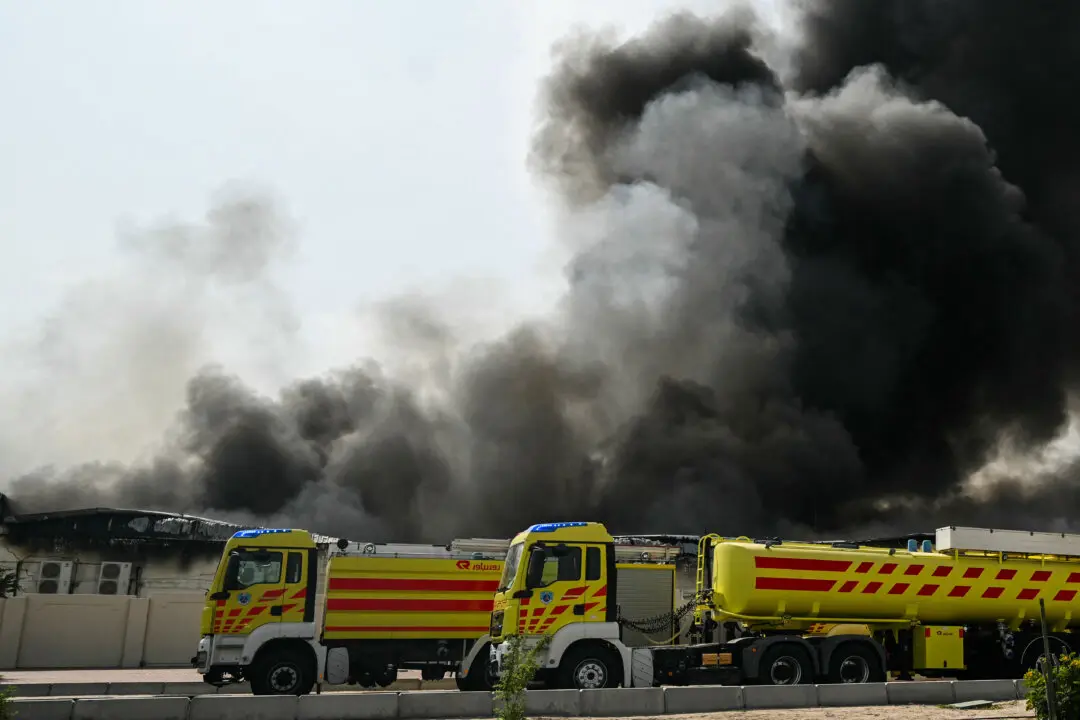After nearly six months of grueling state primaries, one presidential candidate will be formally confirmed as the GOP’s 2024 nominee during the Republican National Convention, to be held July 15–18, 2024, in Milwaukee.
But while there’s a little more than a year of campaigning between now and then, another far more pressing timeline is posing an existential challenge for as many as half of the 14 candidates in the race.





